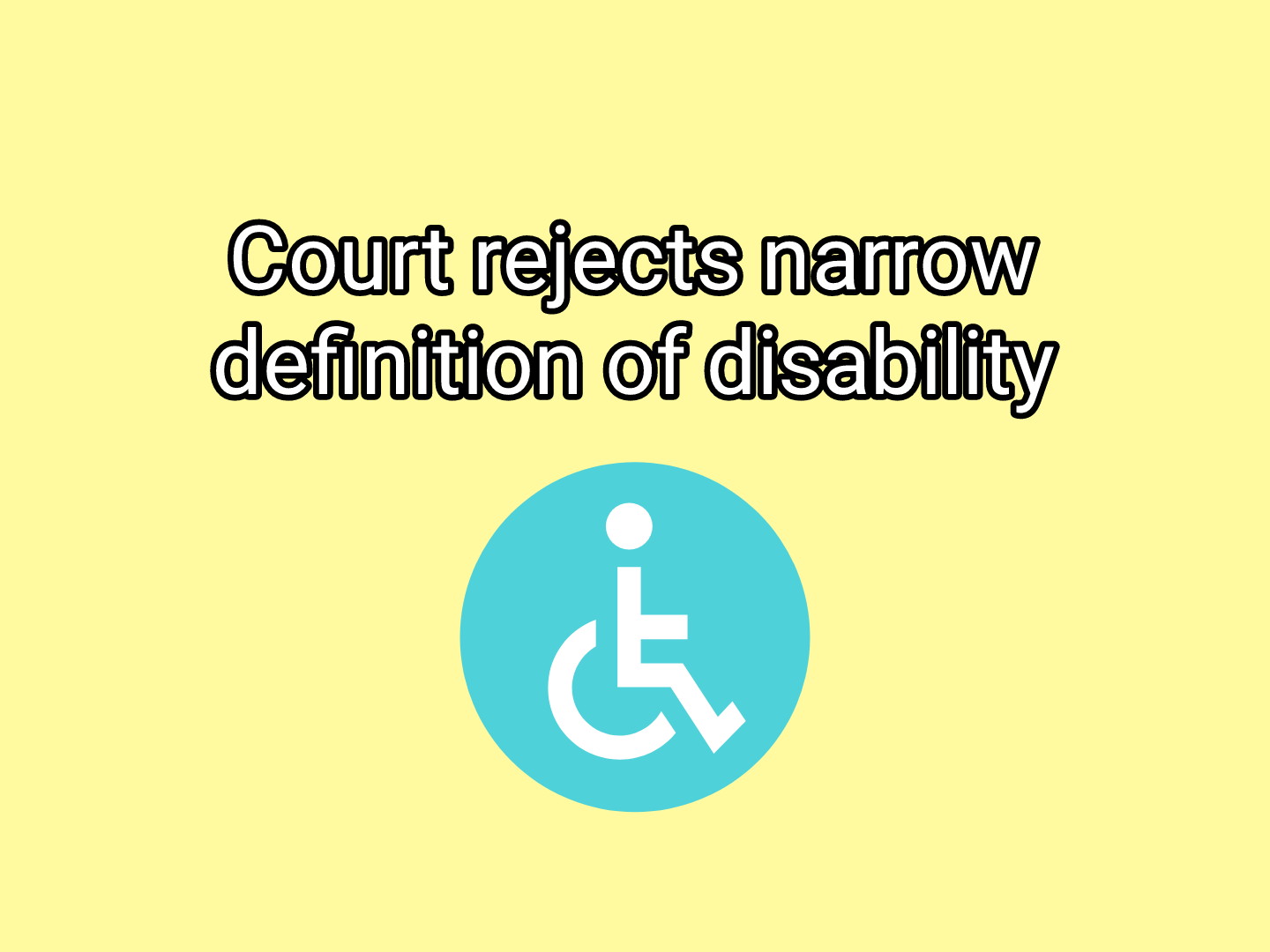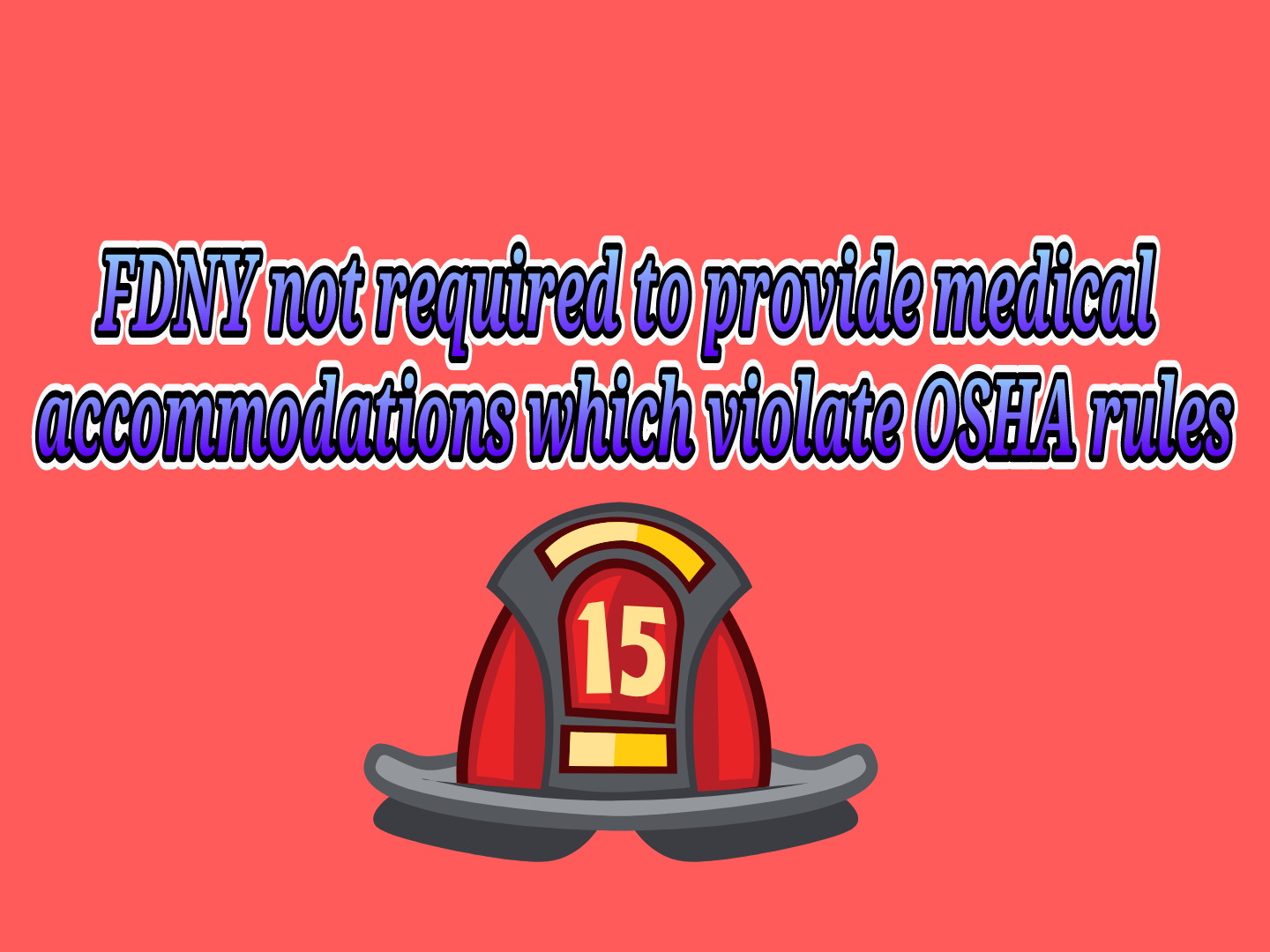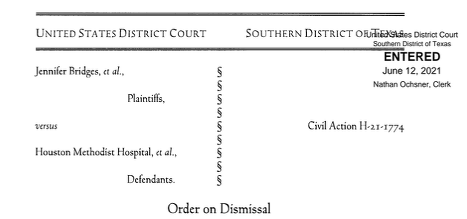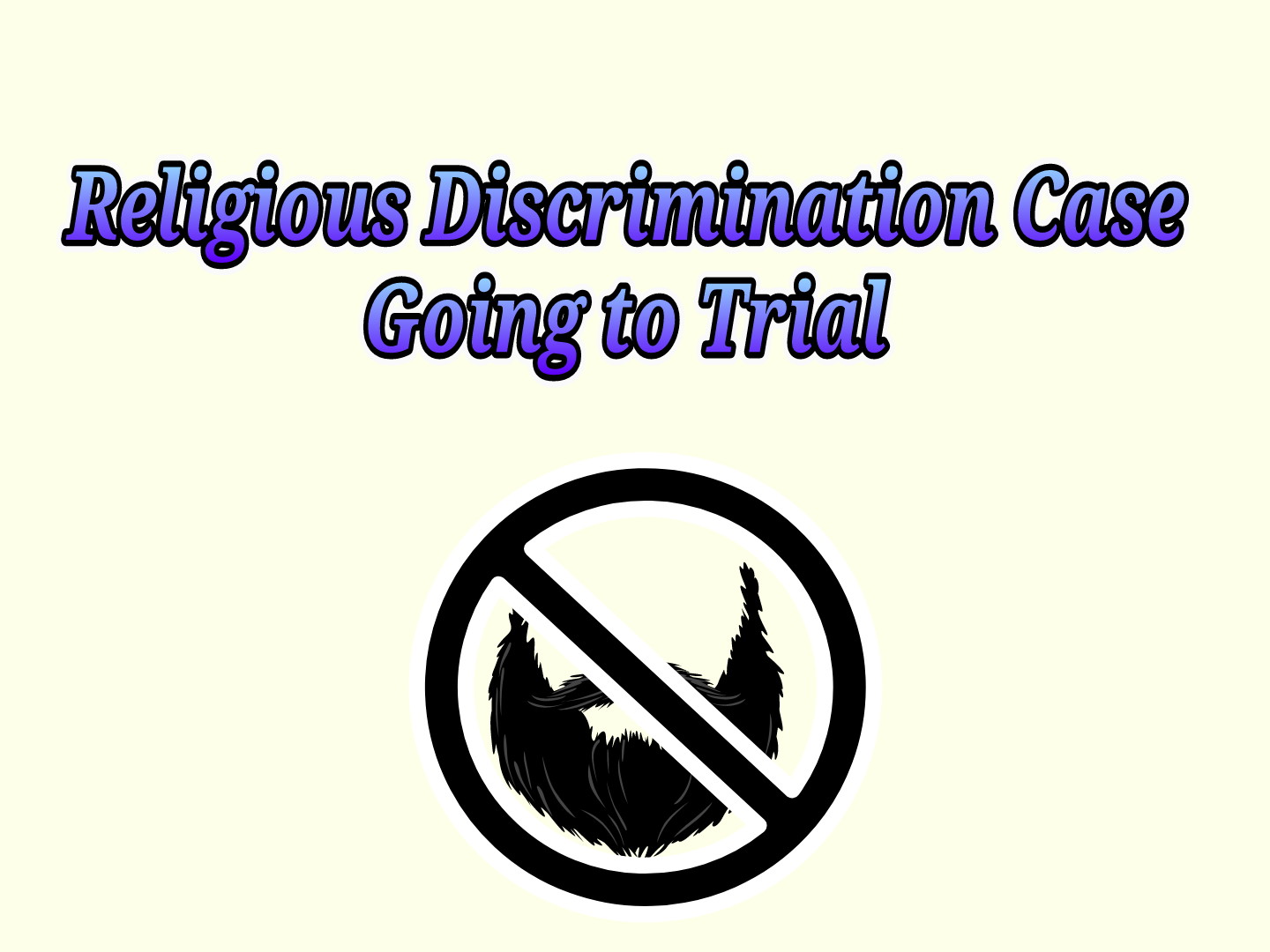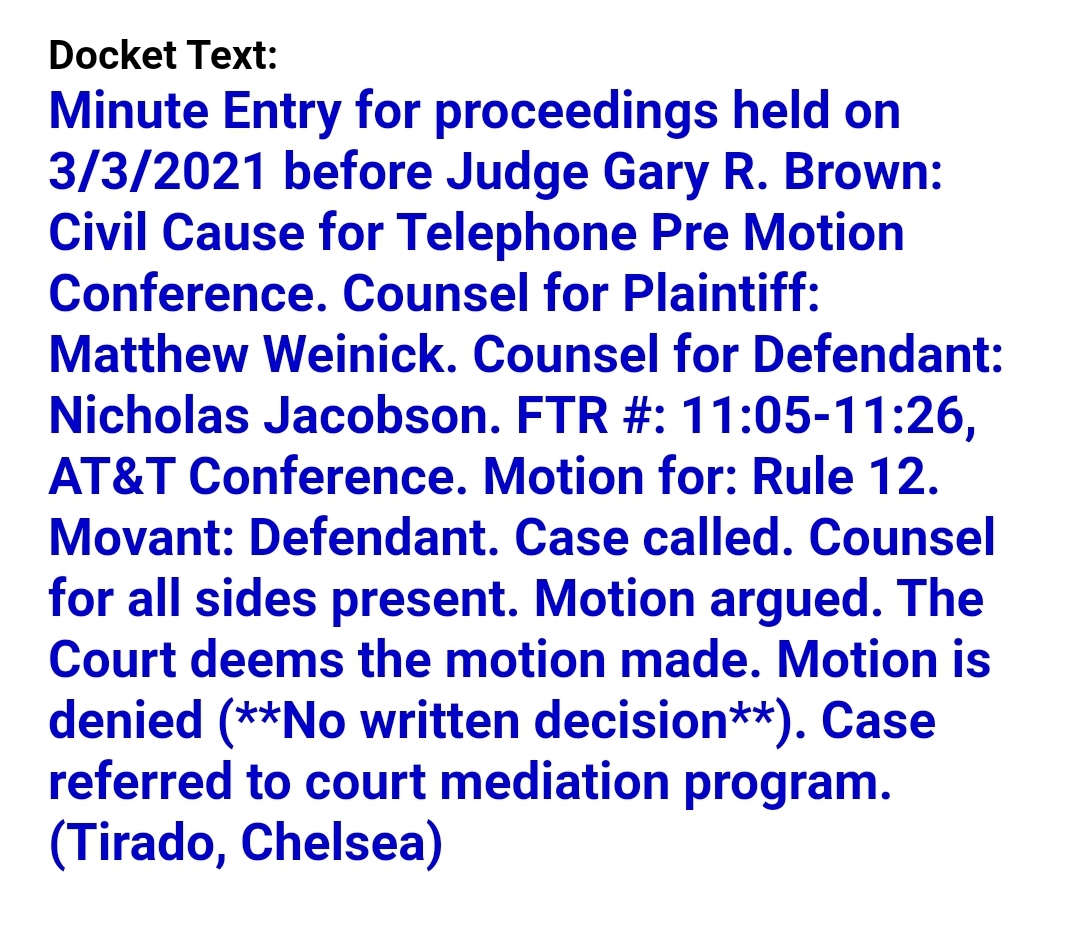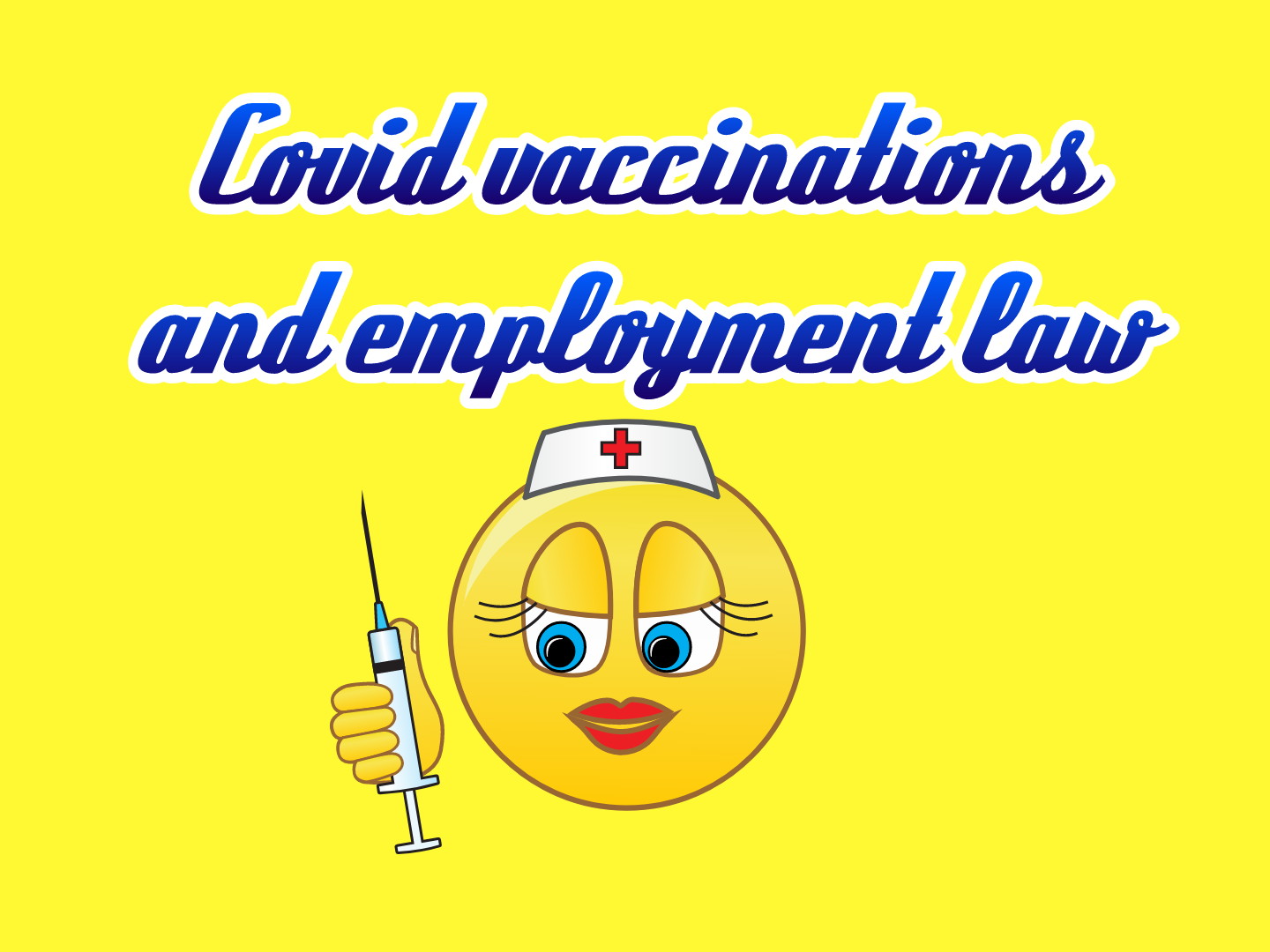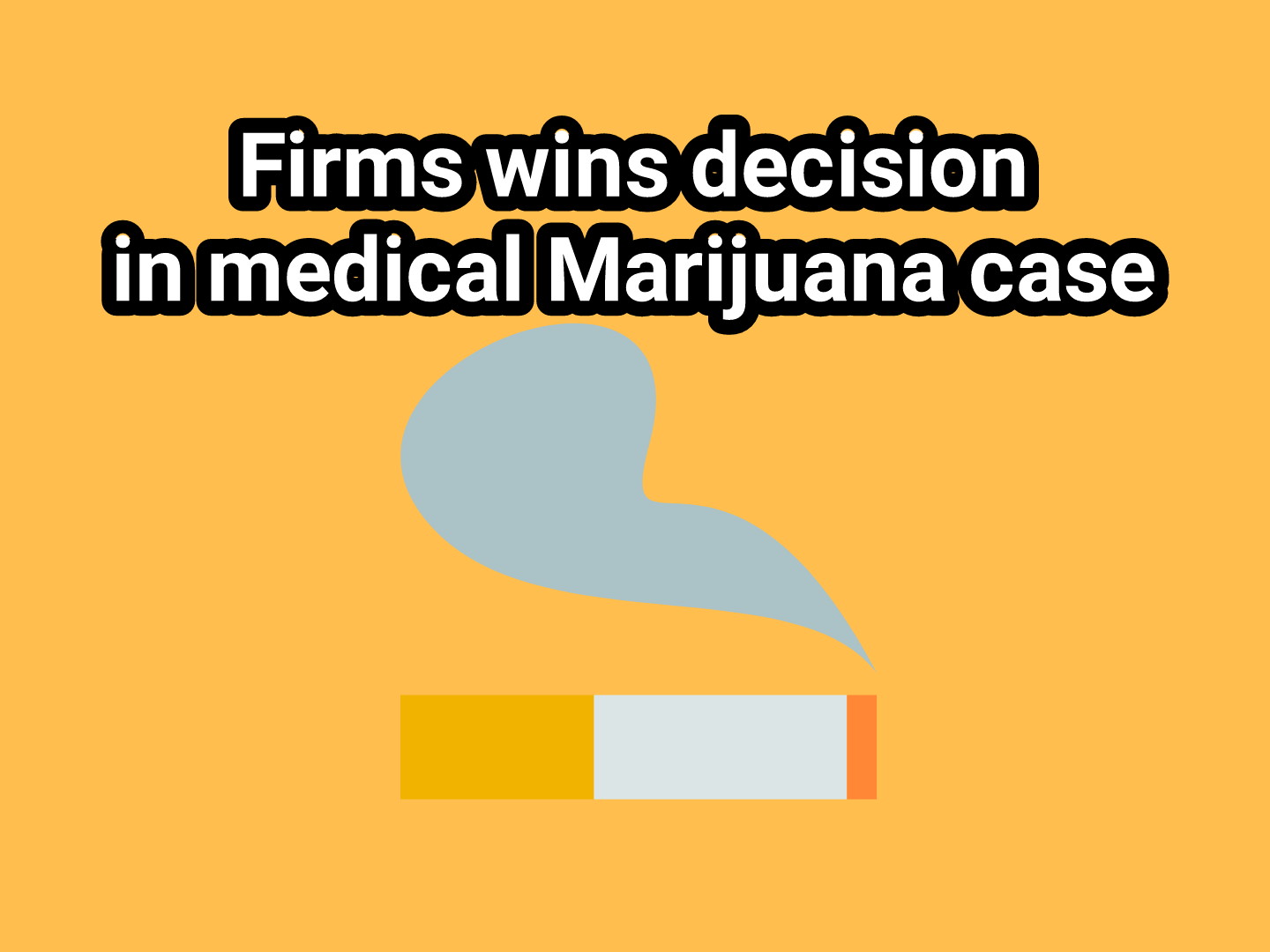Long Island employment law firm Famighetti & Weinick, PLLC recently hired a summer law student intern, Danielle Jacobs. Danielle is a second year student at the Maurice A. Deane School of Law at Hofstra University. During her time as an intern, Danielle has conducted research and drafted memoranda. Danielle has observed Mr. Famighetti and Mr.…
Continue reading ›Your Side











